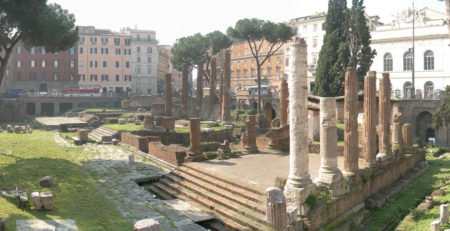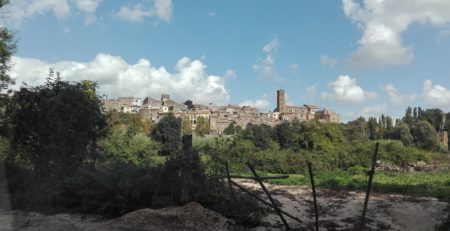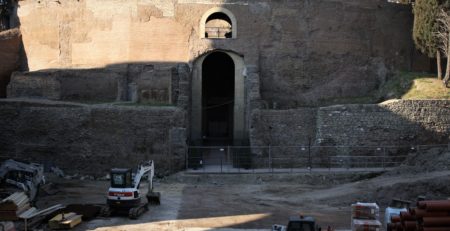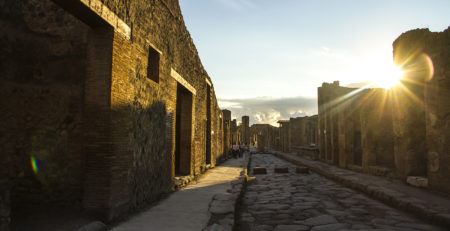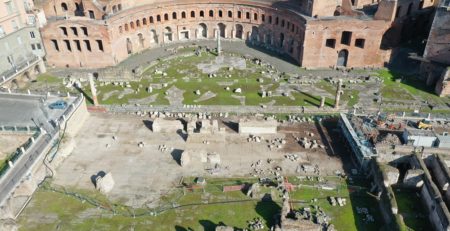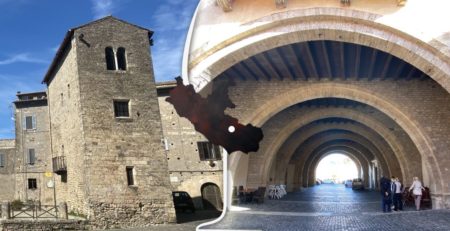What was school like in ancient Roman times?
Roman education system

Prior to the 3rd century B.C. the Roman system of education was based on the Roman social institution of patria potestas, in which the father or highest ranking male of the family acted as head of the household, known as paterfamilias. Education was more basic, but children learned reading, writing, and Arithmetic to enable them to understand business transactions and to count, weigh, and measure. Besides, Roman parents were more about teaching their children the life skills such as agricultural, domestic chores, military skills, and moral and civil responsibilities. They didn’t have much time for philosophy. ‘To be or not to be?’, so to speak, came much later on when they were inspired by the elite Greek and Hellenistic centres of learning such as Alexandria. So, many of the private tutors in the Roman system tended to be Greek slaves or freedmen.
What did they write with?
Books hadn’t been invented yet, and nobody in Europe knew how to make paper, so they would write by scratching letters on wax tablets and read from papyrus scrolls.


What did Roman children study?
Military arts were more their thing and when not on the battlefield or devoting time to making armour, Romans were busy with agriculture and survival, they didn’t do art, science or PE. Eventually, due to Greek influence…
Text book favourites became Homer’s Odyssey and The Iliad or works by Greek poet Hesiod, and were frequently used as classroom examples due to the lack of Roman literature.

Two well known tutors during ancient Roman times are:
Livius Andronicus:
A 3rd century B.C. Greek captive from Tarentum, who was sold as a slave and employed as a tutor for his master’s children. After obtaining his freedom, he became the first tutor to follow Greek methods of education and translated Homer’s Odyssey into Latin. Greeks made ideal teachers as they gave us the great works of Homer, Hesiod and the Lyric poets of Archaic Greece.
Marcus Fabius Quintilianus aka Quintilian:
A 1st century A.D. teacher from Spain, whose father had sent him to Rome to study rhetoric during the reign of Nero. Quintilian recognised the importance of starting education as early as possible. He said that: “memory … not only exists even in small children, but is especially retentive at that age.”
Rome never legally required its citizens to go to school, but it was typical for children of wealthy families to receive their early education from private tutors. More humble families sent their children to be educated at a primary school, traditionally known as a ludus litterarius, by a teacher who was often known as a litterator or litteratus.
Ludus litterarius: Primary education
Schools could be found anywhere from a private residence to a gymnasium, your nearest colonnade, or even in the street.
Grammaticus: Secondary education
At between nine and twelve years of age, boys from affluent families would leave their ‘litterator’ and study with a grammaticus, with whom they studied writing, poetry and Greek if they did not yet know it. Daily activities included lectures by the grammaticus (enarratio), expressive reading of poetry (lectio) and the analysis of poetry (partitio). The curriculum was bilingual, as students were expected to both read and speak in Greek as well as in Latin.
Children continued their studies with the grammaticus until the age of fourteen or fifteen, and then the wealthier and more brainy students matriculated with a rhetor, the final stage in Roman education based on philosophical, history, and rhetoric. Many students went abroad to Greece to study it, like the modern equivalent of a gap year or a semester abroad.
It was rare to go on and study rhetoric and in early Roman history, although it was one of the only ways to train as a lawyer or politician.
Term time terms you need to know:

Abacus – It’s easy as 1, 2, 3. Old school calculator.
Pedagogue – strict teacher
Litterarius – teacher
Ludus Litterarius – primary education
Grammaticus – secondary education
Rhetor – higher education, like a masters or MBE.
Enarratio – Lectures (look familiar? It sounds like narrator
Lectio – poetry
Want to discover more about what life was like in Ancient Roman times? Book a tailor made tour today.


